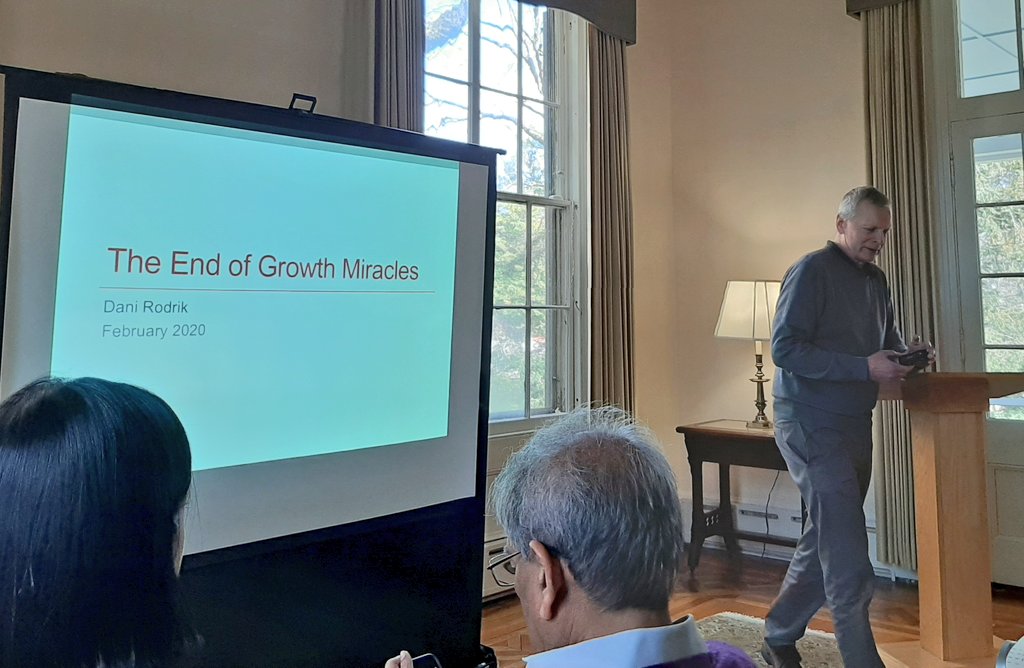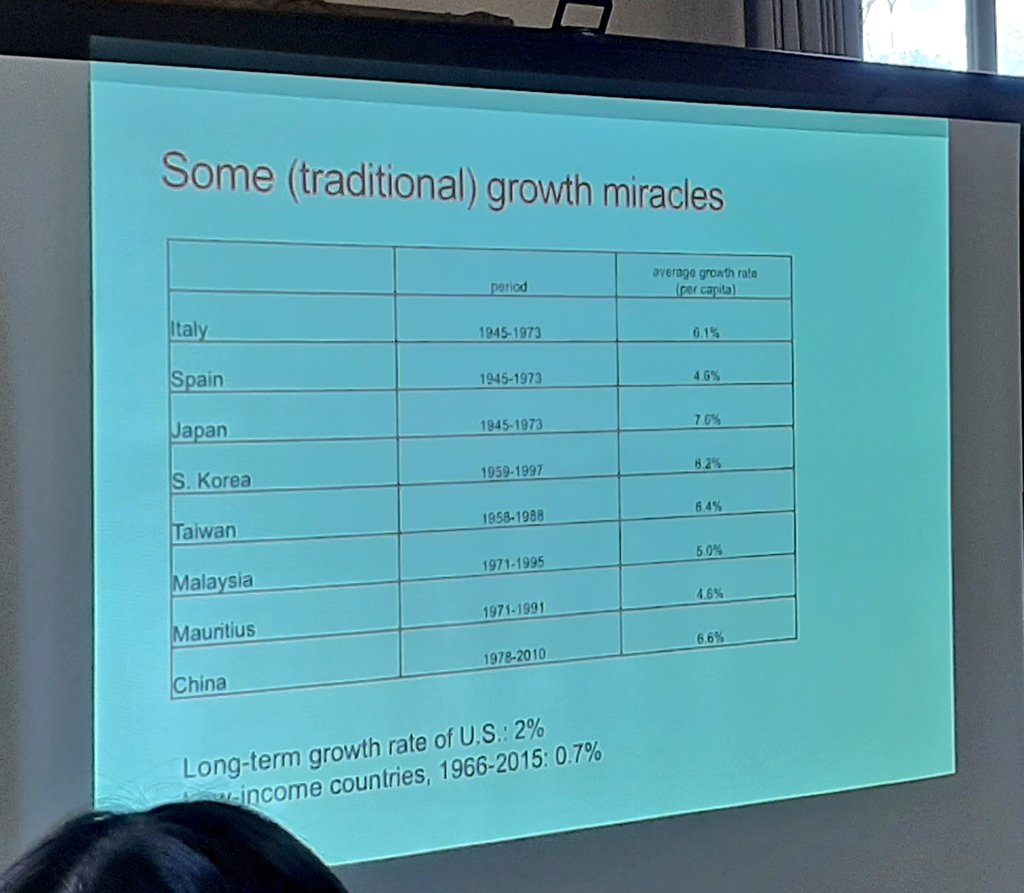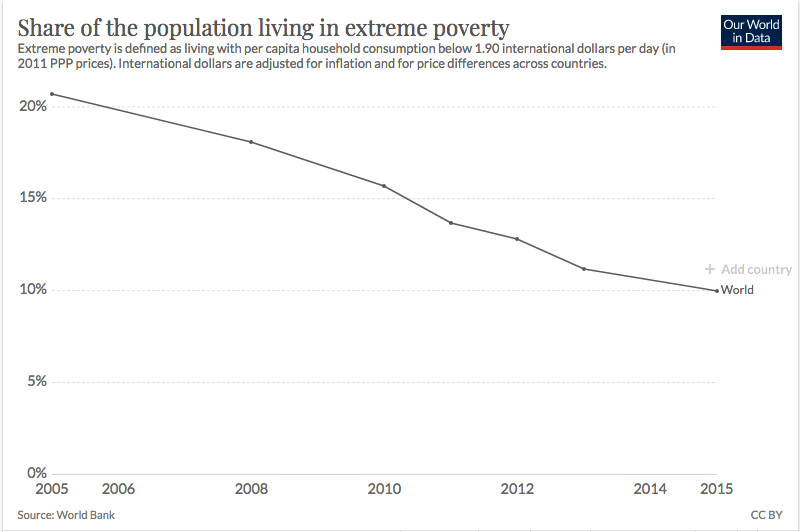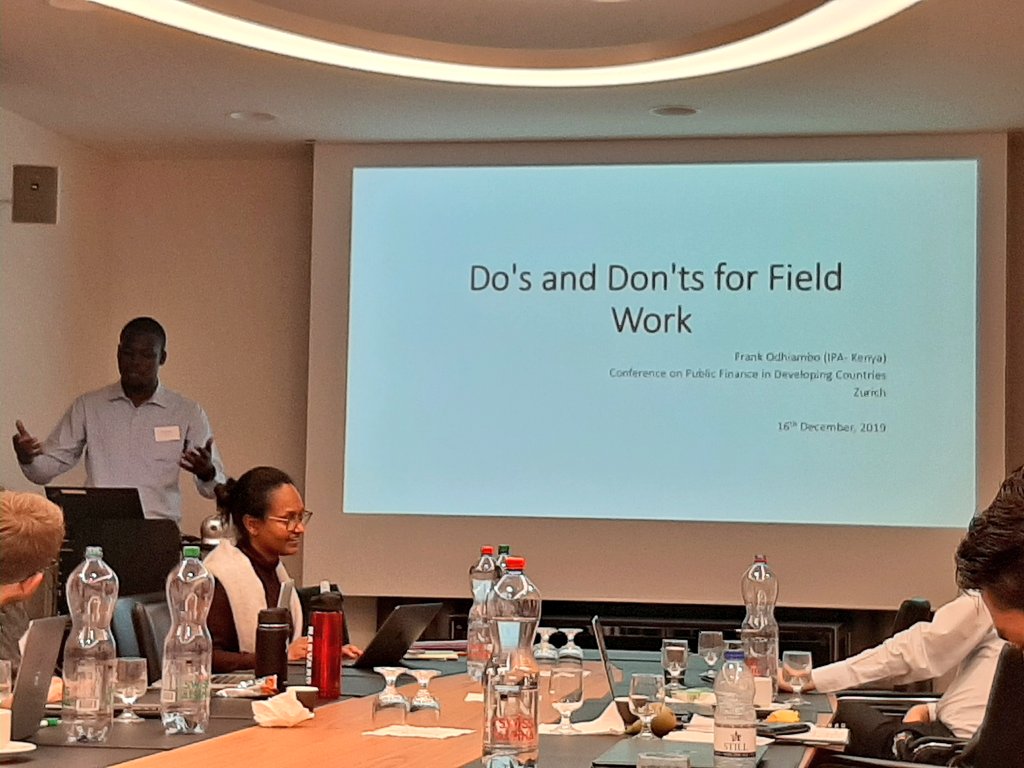
Zusammenfassung meiner Präsentation in der Kommissionen für Wirtschaft und Abgaben (WAK) des Schweizer Parlaments zum Thema "Wirtschaftliche Folgen von Covid-19":
1/n

1/n


1) Für den Schutz der Wirtschaft ist die Eindämmung der Pandemie zentral.
Es ist nicht Covid-Prävention oder Schutz der Wirtschaft - sondern Covid Prävention für den Schutz der Wirtschaft.
Das schlimmste für die Wirtschaft ist die lähmende Wirkung einer starken Epidemie.

Es ist nicht Covid-Prävention oder Schutz der Wirtschaft - sondern Covid Prävention für den Schutz der Wirtschaft.
Das schlimmste für die Wirtschaft ist die lähmende Wirkung einer starken Epidemie.


Bei der Wahl spezifischer Massnahmen kann es jedoch Trade-Offs geben.
Ziel:
- Möglichst grosse epidemiologische Wirkung
- Möglichst kleiner wirtschaftlicher Schaden
Massnahmen mit viel Wirkung, die kaum schaden: breites Testen, Contact Tracing, Covid App, Masken, Homeoffice
Ziel:
- Möglichst grosse epidemiologische Wirkung
- Möglichst kleiner wirtschaftlicher Schaden
Massnahmen mit viel Wirkung, die kaum schaden: breites Testen, Contact Tracing, Covid App, Masken, Homeoffice

Je griffiger die obenstehenden Massnahmen, desto weniger Einschränkungen der wirtschaftlichen Aktivitäten sind nötig.
Bei wirtschaftlichen Einschränkungen sollte der Fokus auf Aktivitäten mit den grössten negativen Externalitäten liegen.
4/n
Bei wirtschaftlichen Einschränkungen sollte der Fokus auf Aktivitäten mit den grössten negativen Externalitäten liegen.
4/n
Bei Externalitäten, d.h. wenn Handlungen einer Person oder Firma negative Wirkungen auf andere haben, spielt der Markt nicht, und Eigenverantwortung ist ungenügend.
Andere Beispiele sind Raser im Verkehr, Alkohol am Steuer, oder Luftverschmutzung.
5/n
Andere Beispiele sind Raser im Verkehr, Alkohol am Steuer, oder Luftverschmutzung.
5/n
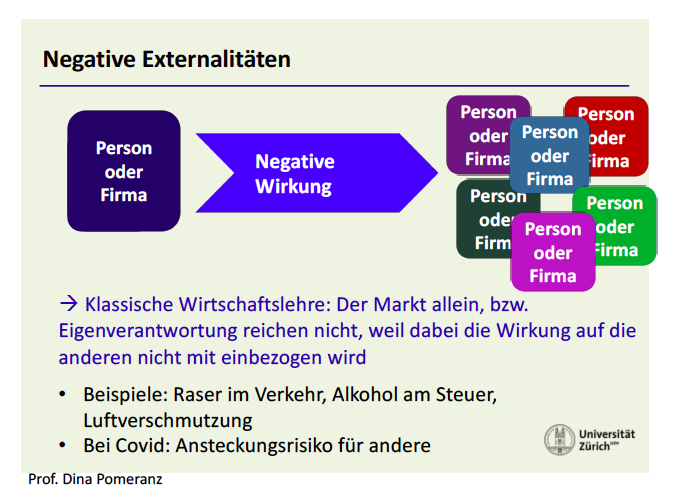
Starke Ansteckungen durch gewisse wirtschaftliche Aktivitäten bringen den ganzen Rest der Wirtschaft in Gefahr.
Um den Rest zu schützen, kann es sich lohnen, riskante Aktivitäten einzuschränken. Dies kann drastischere, teurere Massnahmen verhindern.
6/n
Um den Rest zu schützen, kann es sich lohnen, riskante Aktivitäten einzuschränken. Dies kann drastischere, teurere Massnahmen verhindern.
6/n

Teil 2) Eindämmung der Wirtschaftskrise durch staatliche Massnahmen.
Viele der Schweizer Instrumente haben sich enorm bewährt. Von Schuldenbremse - die uns nun Luft gibt in den schlechten Zeiten - über Kurzarbeit bis zur schnellen, unbürokratischen Hilfe für KMUs & Selbständige.
Viele der Schweizer Instrumente haben sich enorm bewährt. Von Schuldenbremse - die uns nun Luft gibt in den schlechten Zeiten - über Kurzarbeit bis zur schnellen, unbürokratischen Hilfe für KMUs & Selbständige.

Denn was wir unbedingt verhindern sollten sind langfristige negative Folgen dieser kurzfristigen Krise und Situationen, welche die aktuelle Rezession noch zusätzlich verschärfen:
8/n
8/n

Um solche langfristigen Folgen zu vermeiden, ist es wichtig, dass wir
- die Kurve biegen, *bevor* sie aus dem Ruder läuft (allerhöchste Eisenbahn)
- andere systemische Risiken nicht vernachlässigen
- gezielte finanzielle Unterstützung leisten als stabilisierende Investition
9/n
- die Kurve biegen, *bevor* sie aus dem Ruder läuft (allerhöchste Eisenbahn)
- andere systemische Risiken nicht vernachlässigen
- gezielte finanzielle Unterstützung leisten als stabilisierende Investition
9/n

Teil 3)Covid-19 führt zu verschärften Ungleichheiten
- Zwischen Arm und Reich auf nationaler Ebene
- International
- Zwischen den Geschlechtern
10/n



- Zwischen Arm und Reich auf nationaler Ebene
- International
- Zwischen den Geschlechtern
10/n




P.S. Die Überlegungen in dieser Präsentation entsprechen im grossen und ganzen immer noch den Prinzipien des Positionspapiers zu Covid-19, das wir *einstimmig* mit allen VWL Professoren der Uni Zürich @econ_uzh Ende März verfasst hatten:
econ.uzh.ch/de/newsandmedi…



econ.uzh.ch/de/newsandmedi…


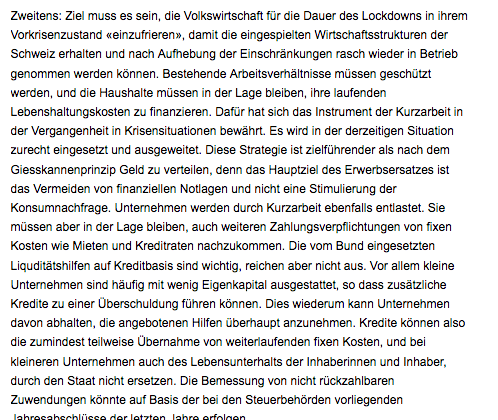

• • •
Missing some Tweet in this thread? You can try to
force a refresh





